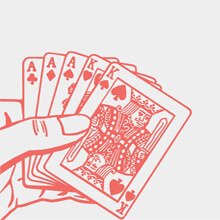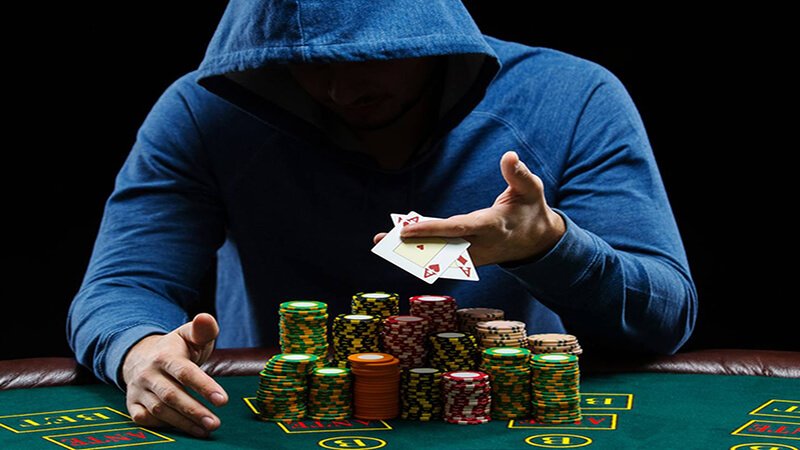
How to Avoid Tilt
- Tilting is an emotional response to a bad beat or a sustained loss
- There are two main types of tilt; a succession of bad hands and a need to get revenge against another player
- When you are on tilt, other players will take advantage and clean up what they can
Tilt describes an emotional reaction to an unfortunate bad beat in a poker game. Tilt is a big factor in many player’s poker profits and can lead to substantial losses to those who do not know how to avoid tilt. This article will show you how to successfully assess when you are on tilt, and how to avoid tilt which has an adverse effect on your poker bankroll.
We start by defining Tilt and differentiating the different forms that this can take. Secondly we will suggest ways in which the impact of tilt can be lessened by understanding the variance in the game and good bankroll management. Since it is difficult to completely avoid the effects of tilt, we will finish up with suggestions on how to reduce the impact by taking a break or changing your poker site.
The key to how to avoid tilt is to first understand it. The most common form of tilt takes the form of either overt anger or a “need to get even” against a particular player or players. This in turn leads to changing your play at the tables, betting inappropriate amounts with the wrong hands, chasing in the hope of getting lucky, or even moving up to higher stakes in the hope of quickly getting your money back. While suffering this form of tilt you are very unlikely to be playing a solid and analytical poker game, so you need to learn how to avoid tilt.
The second form of tilt happens after a prolonged run of bad-beats or “cold-cards” and is actually just as dangerous as the better known form. This takes the form of a resigned “expecting to lose” feeling and is likely to lead to passive and weak poker play. Playing passively, especially with strong hands, is a sure way to get beaten yet again, exaggerating the problem.
Understanding how to avoid tilt is the first step. Even better is to assess the trigger of tilt in the first place and put this into context. Imagine you have aces, and through good play are able to get all-in before the flop against an opponent with Kings. He hits a lucky set and you loose a big pot. Bam – you start to tilt.

Finding the Cause of your Tilt
Now the cause of your tilt may not be the bad-beat, but the fact that your expectation before the flop was that you were sure to win the hand. “Sure” in poker is a relative term, in fact you were 80% favourite here, for every four times you win, you will lose once. Instead of expecting to win the pot, it might be easier to avoid tilt by thinking to yourself, “great, for every 100 times I get into this position I will win 80 of them!”
Of course, if a large percentage of your poker bankroll is resting on the outcome of one hand you might not be in the game to see 100 such situations. For this reason bankroll management is a key on how to avoid tilt. If you play only a small percentage of your bankroll in any one game then a reversal like the one above should have less impact, helping to avoid tilt.
Tilt can not always be avoided, you will need to have a backup plan for those times you become aware that you are tilting. The best plan of all is to stop playing and take a break! The length of this varies from person to person. The best way to judge when to return to the tables is to ask yourself whether you are in the correct mood to make good, analytical poker decisions.
An alternative is to change poker site. It can help to have a different identity on each site so that you are leaving player one behind and becoming player two. Again, ask yourself whether you are in the right frame of mind before doing this.
To summarise, Tilt is dangerous and expensive for many poker players. The first step on how to avoid tilt is to understand it, the next steps are to lessen its impact through a good understanding of variance and good bankroll management. If you find yourself “on tilt” despite your best efforts, then either take a break or change poker sites.